This site is mothballed
Thank you for visiting the Careers After Biological Sciences (CABS) site. Although much of the information here remains relevant to those interested in job possibilities after studying a bioscience-related degree, this site is no longer actively maintained.
The annual CABS programme continues, with presentations being recorded. These are made available to current students at the University of Leicester (UK) via the “Careers and Placements” section of the Blackboard digital learning environment.
Teacher of the Deaf
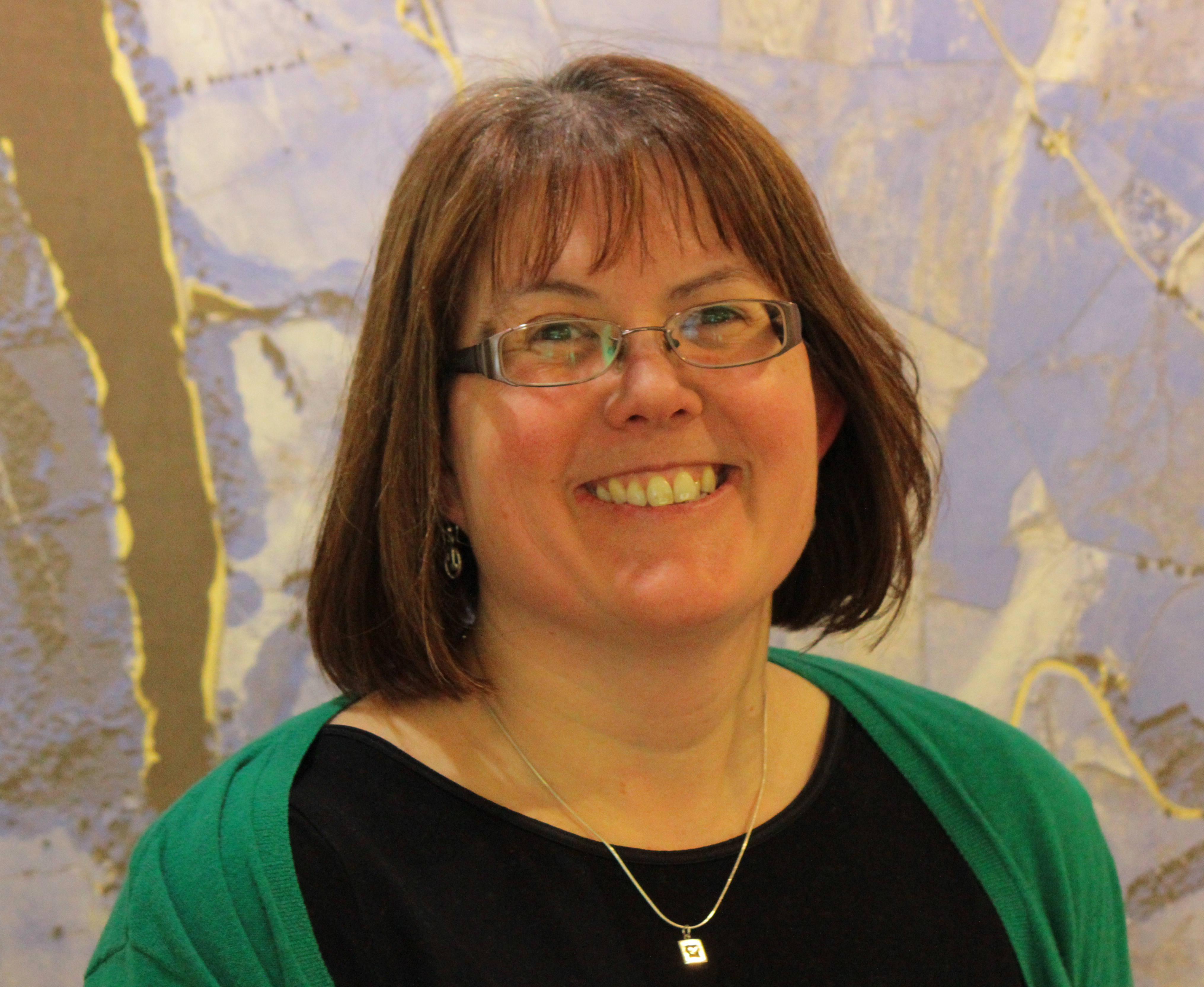
Deb Kent is a teacher of deaf children in Leicestershire
Deb Kent [BSc(Hons) Biological Sciences, 1991] gave a presentation during the 2016 season of CABS talks about her role as a Teacher of the Deaf (TOD). Having initially trained as a primary school teacher, Deb responded to an advert in the local paper and switched to being a teacher of the deaf.
In her talk, Deb discussed ways in which her work as a peripatetic TOD differs both from more standard teaching roles and from the job of a TOD in a specific centre. She reviews the various routes into teaching and the ways to get a diploma in deaf education.
A transcript of her talk is available here.
Slides from Deb’s talk are available below, and via this link
Microbiology trainer
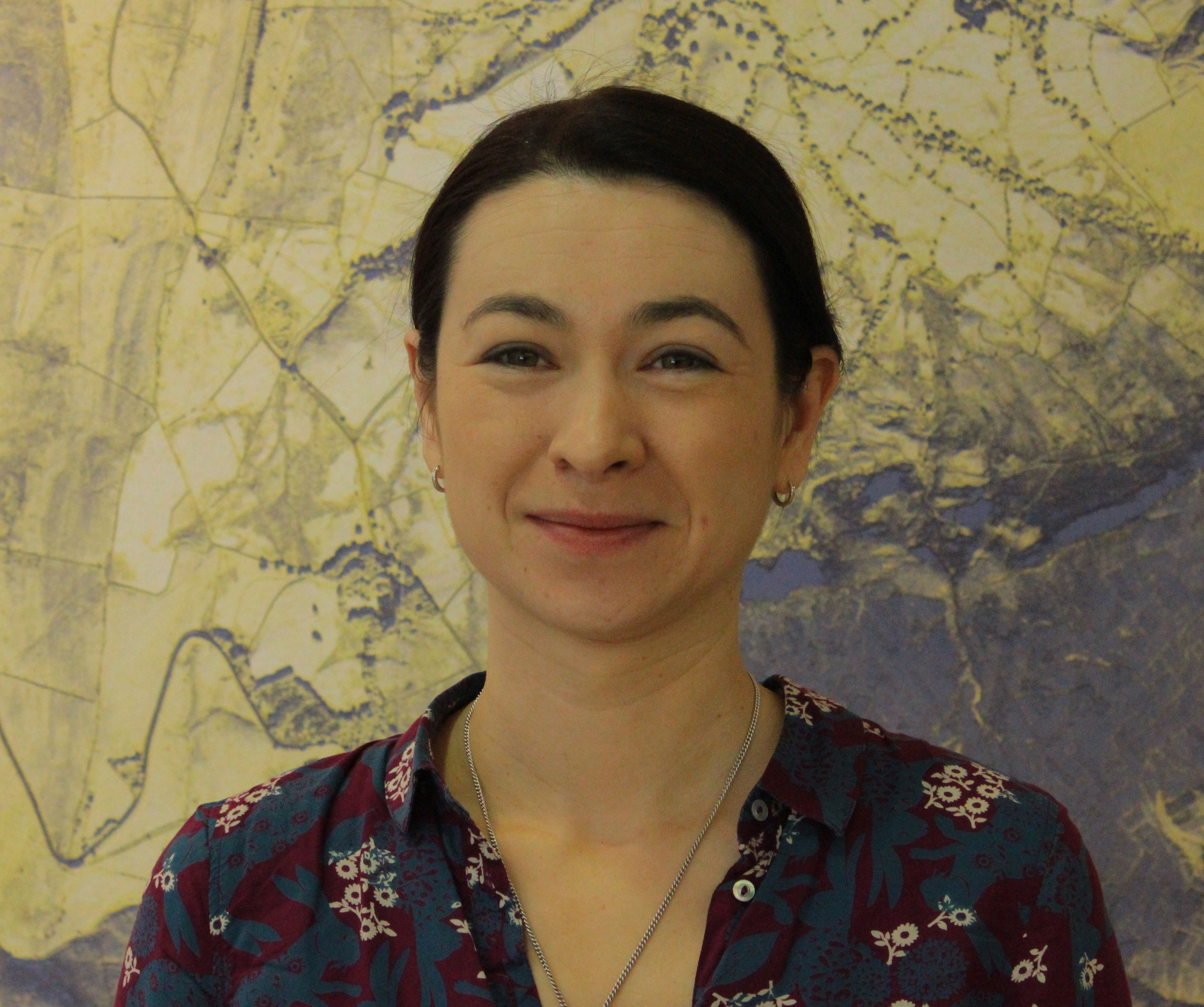
Suzanna Hawkey is in the Novel & Dangerous Pathogens training team with Public Health England
Suzanna Hawkey [BSc(Hons) Biological Sciences (Zoology), 1999] works for Public Health England. Her roles include training healthcare professionals about dealing with novel and dangerous pathogens.
Suzanna outlined some of her own experiences, including front line treatment of Ebola in West Africa. She described the various roles that a microbiology trainer might have, in working with audiences from experts through to the general public and school groups.
Suzanna gave insights into the care taken with highly contagious organisms. She also offered some general advice when looking for a job. These included:
- Don’t be afraid you’re not always going in
- the direction you expect.
- You don’t know unless you ask, so always ask
- If you get a chance to go on some lab visits, or volunteer, it’s great because you get to understand what the environment is like
- Be prepared for your interviews
- Sometimes it’s what you know that opens doors, but a lot of the time it’s who you know as well
- Read scientific literature
- Health and Safety is always important
- Team work is very important
- Develop knowledge, skills and experience
- Relate what you learn to the real world
Slides from Suzanna’s talk can be seen via this link, and below.
A transcript of her talk is available via this link. This presentation was part of the 2016 series of Careers After Biological Sciences talks.
Dentistry
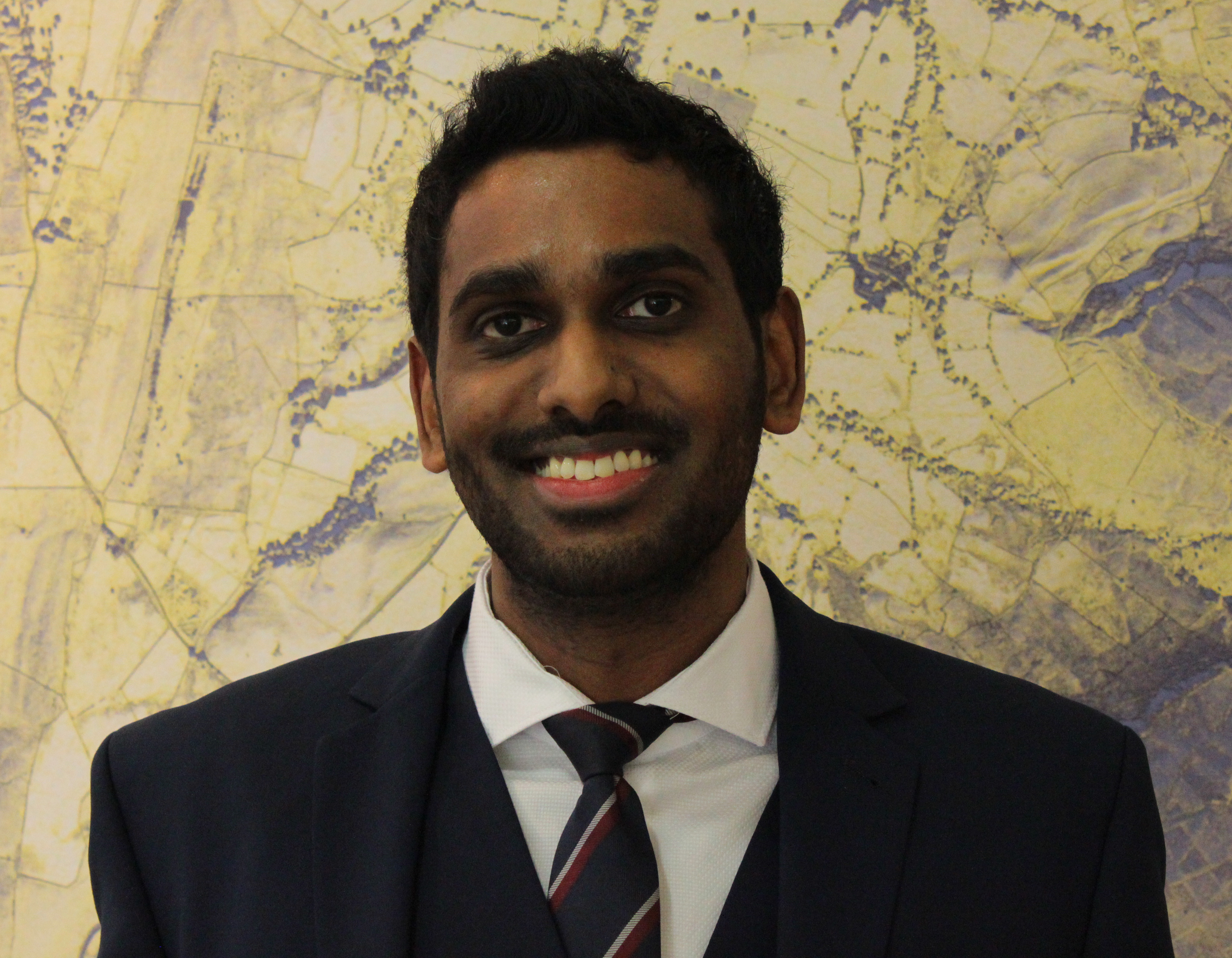
Andrew Logeswaran is a dentist in Essex
Dr Andrew Logeswaran [BSc(Hons) Medical Biochemistry, 2007] gave a presentation during the 2016 season of Careers After Biological Sciences presentations.
Having initially intended to study Medicine, Andrew moved into dentistry via an MSc and a subsequent dental qualification at UCE.
Slides from Andrew’s presentation are available below (and here). A transcript of his talk is also available via (this link).
WARNING: This presentation includes images of surgery which may upset some viewers.
Change Manager
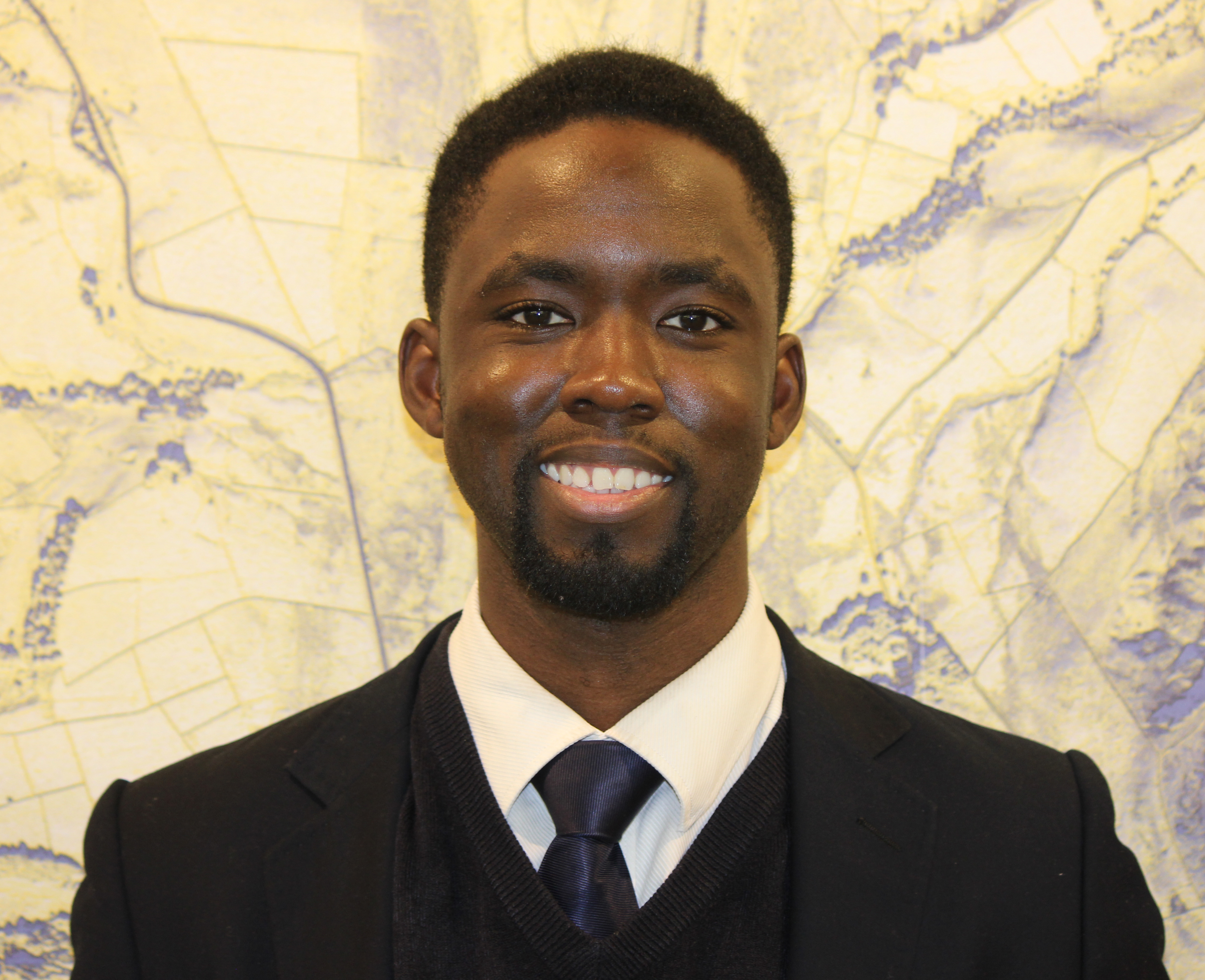
Michael Tabirade
Michael Tabirade [BSc(Hons) Medical Biochemistry, 2012] spoke at the 2015 CABS series. At the time he was working as a Project Change Manager for St George’s Healthcare NHS Trust and discussed his role in The Improvement Programme.
In September 2015 Michael moved to work for NHS England. Having initially worked as a Finance Officer, he has more recently become the Project Manager for Child Health Information procurement for London, aiming to improve how hospital providers collect, collate, report and analyse child health information.
Michael’s slides can be viewed below (and here)
A transcript of Michael’s talk can be found via this link.
Medical Communications
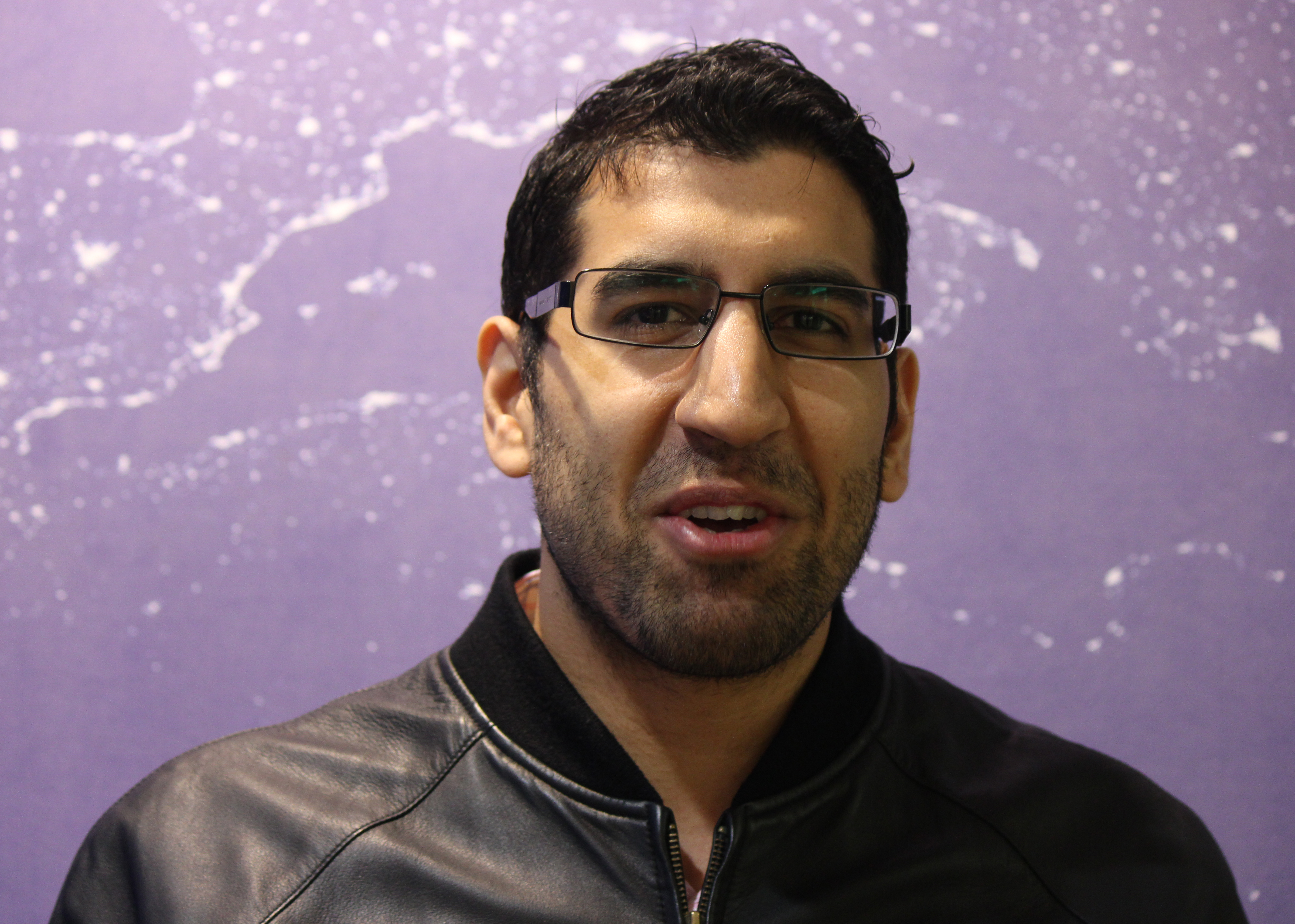
Dr Safeer Mughal
Dr Safeer Mughal [BSc(Hons) Medical Genetics, 2008; PhD Genetics, 2013) works for Parexel, a multinational life-science consultancy, based at their Harrow centre. At the time of the presentation he was working as a Scientific Writer, and has now been promoted to the role of Scientific Specialist.
During his talk Drugs, Keys and the Latest Fix: An insight into Medical Communication Safeer described the role that medical writers play in brokering information between clients and their intended audience. The knack is to make sure that the information is accurate but conveyed in a way that fits with the current knowledge of the doctors, the nurses or the general public with whom you want to communicate. A transcript is available here.
Slides from Safeer’s talk can be seen below (and via this link).
Biopharmaceutical Process Development

Andrew Warr
Andrew Warr [BSc (Hons) Biological Sciences (Biochemistry), 2010] gave a presentation Biopharmaceutical Process Development: Good Manufacturing Practices or Breaking Bad? during the 2015 season of CABS. At the time of the talk, Andrew was an Upstream Process Developer at Actavis Biologics. He has subsequently moved to fulfil a similar role at Oxford BioMedica.
Andy gave a fascinating insight into the production of drugs known as biologics. As the name implies, these are biological molecules manufactured in cells rather than by synthetic chemistry. This sector is emerging as an important source of new medicines (and therefore of potential careers for bioscientists). For example, many of the exciting new treatments for cancer and other diseases are based on monoclonal antibodies (when you see reports of breakthrough involving drugs whose name ends -mab these are monoclonals). Other drugs are “biosimilars”, pharmaceutical versions of naturally occurring compounds. Andy also gave some general advice for people considering working in a similar field. A transcript of his talk is available via this link.
Slides from Andrew’s presentation can be see below (and here).
Doing a PhD: Two different stories
The value of doing a PhD is a theme we’ve discussed several times during the history of Careers After Biological Sciences both directly (e.g. here) and indirectly (when speakers have done a PhD as a step onto the later role they are discussing, e.g. here and here).
During the 2015 season of CABS talks we invited two further contributions from former Leicester undergraduates who were, at the time, working on their PhDs. Dan Rogerson was doing research on synthetic biology at the LMB in Cambridge, Ananthi Ramachandran was working on bacteriophages as potential therapies again Clostridium difficile in the Dept of Infection, Immunity and Inflammation at Leicester. They were invited because they both have rather unusual features in the story of how they came into their research posts.
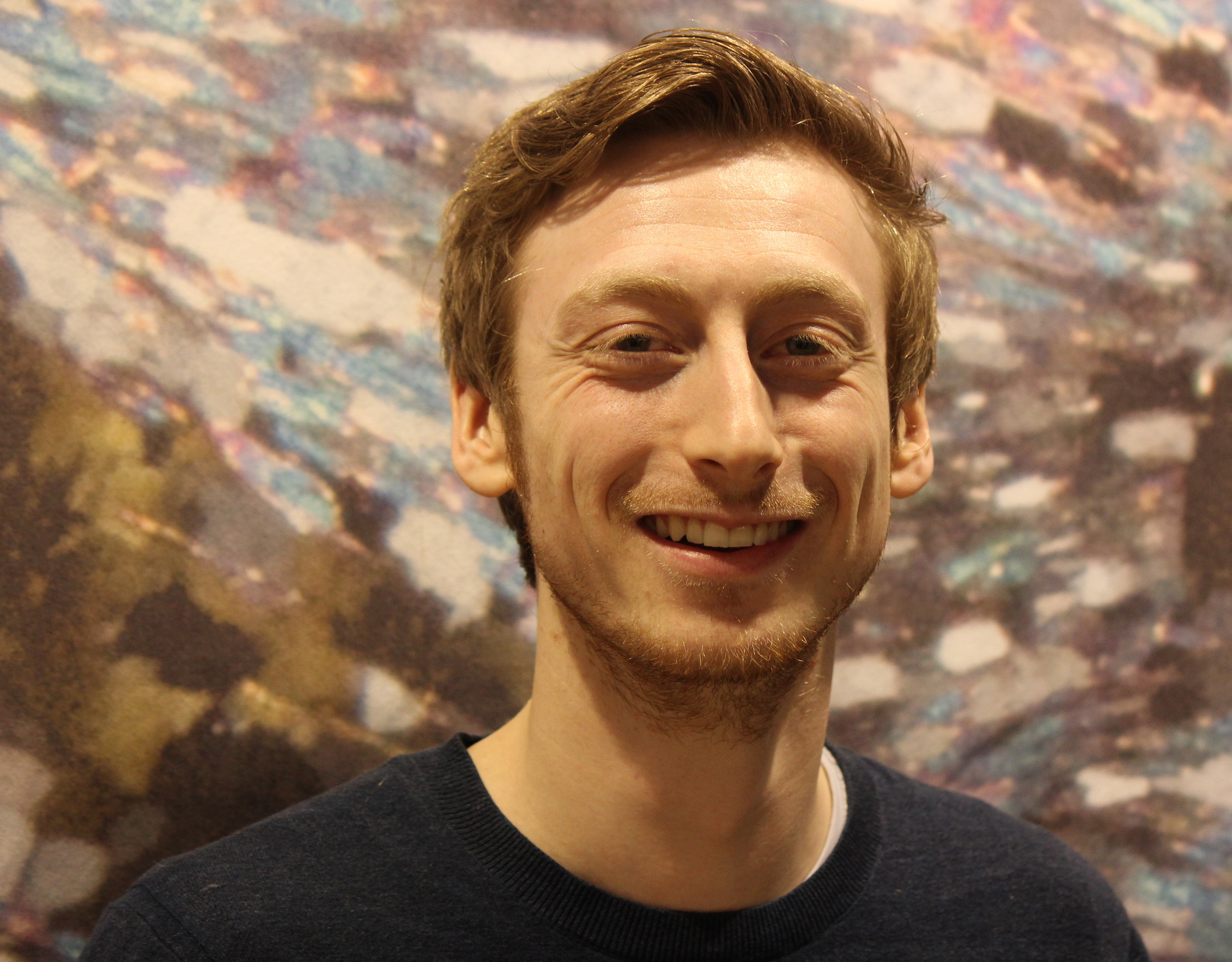
Dan Rogerson
As he explained in his talk (slides below, and here), Dan did not wait to see what posts would be advertised. Instead he wrote letters to a number of potential supervisors describing projects he would like to conduct as part of their team.
Dan’s unusual strategy proved effective – he received offers from all four leading scientists to whom he made a pitch. He discusses this approach in his presentation, as well as offering some very helpful general advice on successfully negotiating the PhD experience – the highs and the lows. A transcript of Dan’s talk is available here.
.
.
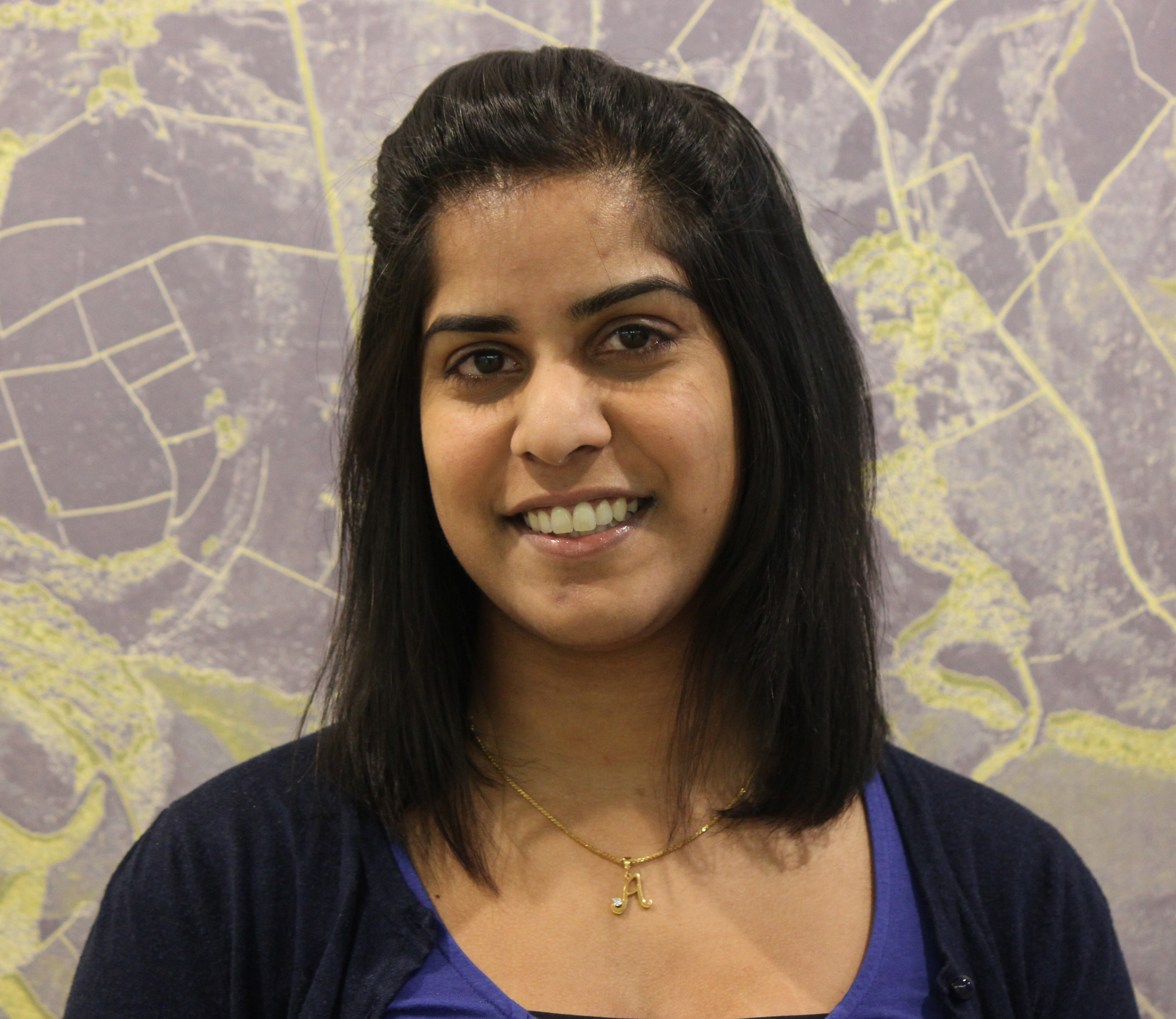
Ananthi Ramachandran
In contrast, Ananthi (slides below, and here) spent a period after graduation working for a pharmaceutical company, initially as maternity cover. Uncertain of the promotion prospects in that role, she eventually ended up back in Leicester to do a PhD. After an initial hiccup, she moved on to her current project looking into phage as a treatment for Clostridium difficile. A transcript of her talk is available via this link.
.
There were common factors between the two talks. Both speakers emphasised the importance of researching the lab you are applying to work with; there’s more to an enjoyable and successful PhD than just having an interesting topic to study. The value of keeping your CV up to date also came across; thinking through how the activities you’ve done (final year project; other coursework; summer jobs, etc) can be used as evidence of the skills you have been developing.
Scientific Curation & Bioinformatics
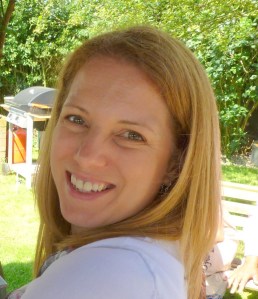
Jackie MacArthur is Project Leader for the GWAS Catalog at the EBI
Jackie MacArthur [BSc(Hons) in Biological Sciences (Genetics, 1998)] is Project Leader at the Genome-Wide Association Study Catalog, at the European Bioinformatics Institute near Cambridge, UK. She gave a presentation about her work during the 2015 season of Careers After Biological Sciences talks.
Following on from her initial degree, Jackie went on to carry out a PhD (at Nottingham), before three stints as a postdoctoral researcher, in the UK and the USA. All of these roles have been connected by an interest in the role of genes in diseases.
As well as describing her current work in scientific curation and management of a major international archive of published gene mutations associated with various disease states, Jackie also gave some very helpful generic advice about the merits of postgraduate study for a range of careers and some tips on choosing a suitable role.
Slides from Jackie’s talk can be seen below (and here). A transcript of her talk and the subsequent Q&A is available via this link.
Quality control in the pharmaceutical sector
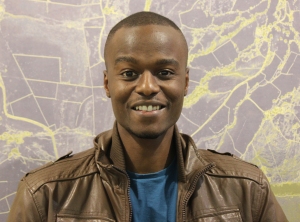 Aaron Muringani [BSc(Hons) Medical Biochemistry, 2011]
Aaron Muringani [BSc(Hons) Medical Biochemistry, 2011]
Aaron described some of the work involved in his current work as a Quality Assurance officer in the pharmaceutical industry, and the crucial role fulfilled by a “Qualified Person” in ensuring patient safety.
The slides from Aaron’s talk are available below. A transcript of his talk is available via this link.
In May 2015 Aaron moved from Hospira to Teva Pharmaceuticals.